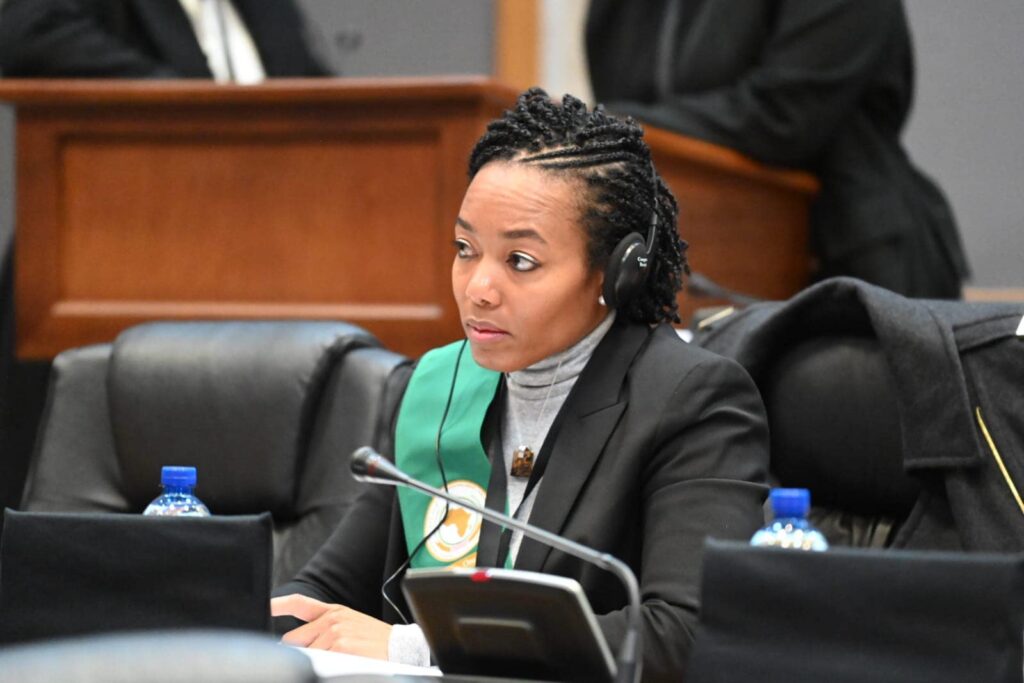Zanetor Agyeman-Rawlings calls for urgent reforms for African women

Zanetor Agyeman-Rawlings calls for reforms that finally remove the deep-rooted barriers limiting African women in trade and agriculture. She made this powerful appeal on July 31, 2025, during the Pan-African Women’s Day Commemoration.
She addressed major gaps that keep women invisible in sectors they drive. Land ownership topped her list of concerns.
Across the continent, women farm daily. Still, many can’t legally own the land they work. That exclusion locks them out of credit systems because they can’t offer land as collateral.
“Women repay loans better than men,” she said. “Yet they face the hardest time accessing credit.”
She also tackled the urgent issue of cross-border trade. Nearly 90% of those traders are women. Still, many face harassment and delays at African borders.
Her solution? Place female customs and immigration officers at border posts. That simple shift, she argued, would protect women and strengthen regional trade.
Shifting to the legacy of slavery, Dr. Agyeman-Rawlings called for reparations. But not just money.
She proposed that reparations should include investment—especially in infrastructure, energy, and innovation across African nations. These, she said, would build the future rather than patch the past.
Beyond policies, she offered tools for cultural change.
First, she suggested short video profiles of women leaders in the Pan-African Parliament. These could inspire young African girls by showing what’s possible. “If they can see it, they can aspire to it,” she explained.
Next, she defended traditional women-led cooperatives. These systems, she noted, often outperform formal structures in both speed and trust.
She challenged banks to adapt. Instead of forcing women into rigid models, she urged financial institutions to meet women where they already thrive.
Finally, she tackled one of the biggest invisible burdens: unpaid labour. She called on leaders to recognize and assign economic value to the uncounted work women do every day.
By putting numbers to invisible effort, she argued, more women could gain recognition, resources, and real power.
Through every word, Zanetor Agyeman-Rawlings calls for reforms not just in policy—but in mindset. If Africa hopes to rise, she insisted, then women must rise with it—unblocked, unburdened, and undeniably empowered.




